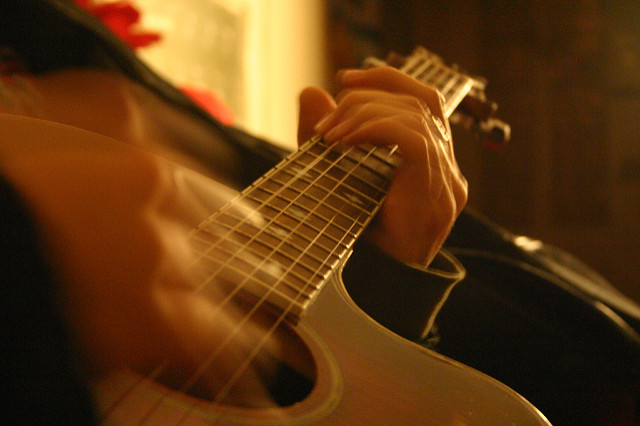
WASHINGTON — Music increasingly is becoming a part of patient care, largely to comfort the sick.
Now, the National Institutes of Health is bringing together musicians, music therapists and neuroscientists to tap into the brain’s circuitry and find new ways that music might improve health. Doctors have had a little success with some stroke and Parkinson’s patients.
What’s missing is rigorous science to better understand how the brain processes music and how researchers might use those musical pathways to compensate for damage from disease.
One of the first studies getting underway will test if an improvisational dance class improves quality of life for early-stage Alzheimer’s patients. A dance professor will lead patients through the playful steps and a neuroscientist will check brain imaging against any changing symptoms.